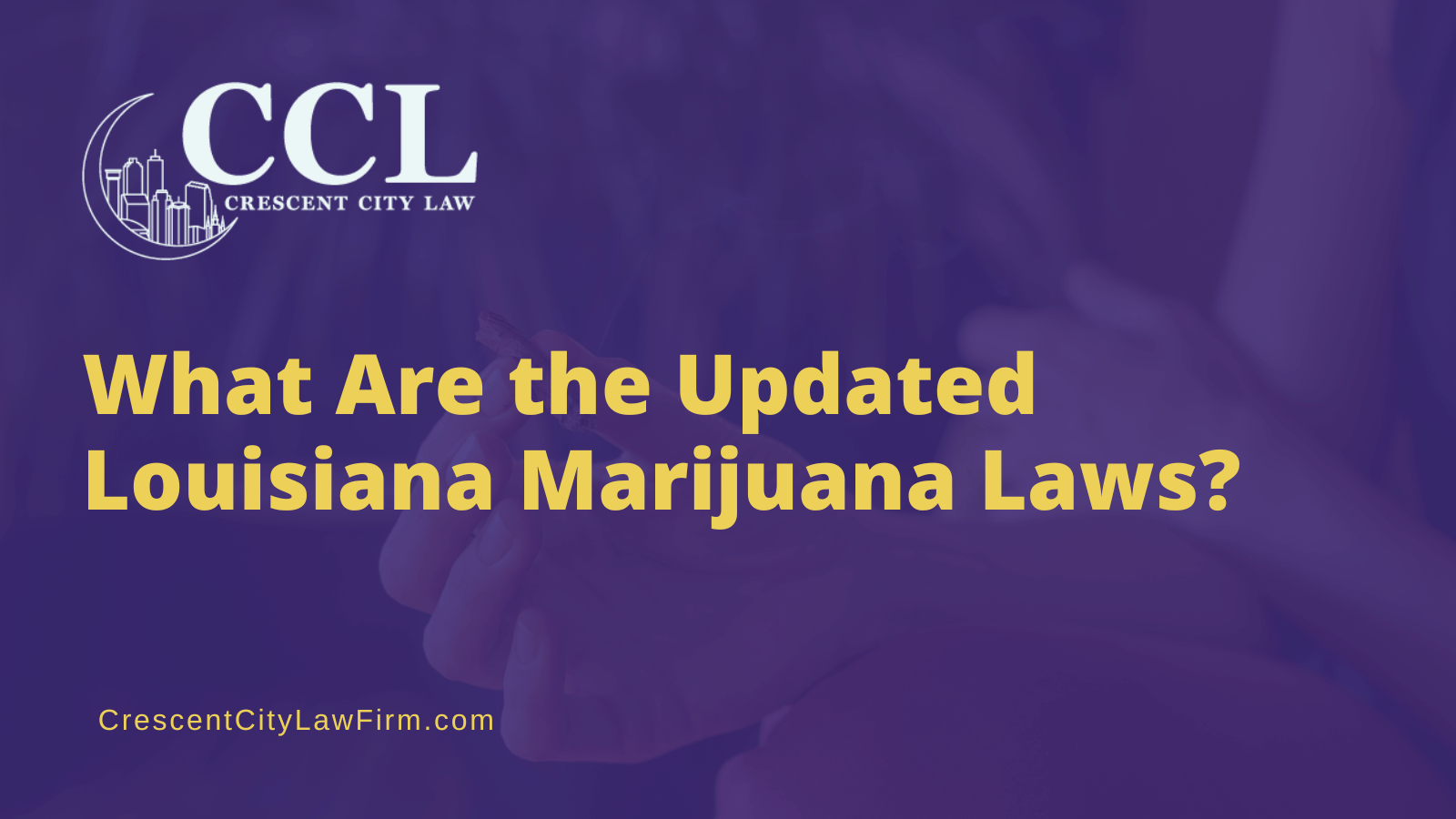On Monday, Louisiana Governor Bobby Jindal, signed legislation which will finally permit the lawful dispensing of medical marijuana and also lessen penalties for marijuana offenders. Both the Louisiana Senate and the Louisiana House had approved the bills that gave specific patients access to marijuana for medical purposes. In May, the Senate passed the bill and on Thursday, June 4th, the House also approved the bill by a overwhelming majority of 70-29, moving it back to the Senate to approve amendments tacked on by the House and then on to Jindal’s desk.
What Are the New Marijuana Laws?
When the bill was signed into law, Louisiana became the 24th state where patients now have legal access to medical marijuana. Although there was a law passed in 1978 and again in 1991 permitting doctors to prescribe marijuana and lawful for people to use medicinal marijuana with a prescription, there was no mechanism to lawfully dispense the marijuana at pharmacies or other outlets. The law signed this week will allow that and make Louisiana the first state in the Southeast United States to have a legal medical marijuana dispensary system.
The legislation gives authority to three State boards who will work together to keep tight regulations on the dispensing system. The debate on Thursday centered around who would get the contract to grow the marijuana, the terms of the contract and whether the bill was just a step towards legalizing marijuana for recreational use.
How Will the New Marijuana System Work?
Doctors will still only be allowed to prescribe a non-smokeable form of marijuana in the form of a pill or an oil, that will be accessed through one of 10 dispensaries around the state. There will also be one growing farm in the state. Only patients suffering from glaucoma, spastic quadriplegia and undergoing chemotherapy treatment for cancer will be able to have medical marijuana prescribed to them. Though, the Louisiana Board of Medical Examiners is mentioned on the bill to also request other conditions or diseases that could also benefit from medical marijuana – such as epilepsy or AIDS. The deadline for those recommendations is 60 days before the next legislative session.
The Louisiana Board of Medical Examiners will set the rules about prescriptions, while the Louisiana Board of Pharmacy will set the rules about dispensaries and the Louisiana Department of Agriculture will set the rules about the cultivation site. The House added an amendment giving LSU and Southern Agricultural centers the contract for cultivation due to the skepticism of having a private entity growing marijuana. There is no determination yet whether LSU Ag Center will accept this proposal and contract.
The 10 dispensary sites will be throughout the state of Louisiana and would be established at existing pharmacies.
The bill will also keep track of state sales and who is prescribing the marijuana in order to analyze “doctor shopping” – or the possibility of doctors diagnosing and prescribing at higher rates than expected. This includes a sunset clause as well that will force the Legislature to readopt the law in five years giving lawmakers the opportunity to re-evaluate the system.
How Can I Get Access to Medical Marijuana?
An official estimate says that it could take up to two years before all of the rules are set in place, a cultivation site is under contract, the marijuana is grown and ready for distribution, before anyone has access to the medical marijuana that they need. This is frustrating for those people currently undergoing chemotherapy treatment or those with glaucoma or spastic quadriplegia. Once this is all in play, patients are required to speak to their physicians to discuss the possibilities of Marijuana as a prescription.
An interesting thing to note is that Louisiana will be the first state out of all the states that have legalized medical marijuana, requiring a prescription from a doctor in order to access the drug. In all other states, it must be recommended by a doctor. This article states that they don’t believe doctors will prescribe the marijuana in fear of losing his or her right to prescribe drugs. I don’t believe this is the case, and I do believe that doctors will prescribe medical marijuana if given the legal go-ahead.
Marijuana Sentencing Reforms Also Passed
If you aren’t suffering from any of the above diseases, it is also important to note that marijuana reform has also been passed regarding penalties and punishments. The law lowers penalties for simple marijuana possession, increases the threshold for a felony-level charge and adds a second-chance provision for first-time offenders. Louisiana’s maximum penalty from a felony charge will change from 20 years to eight years in jail. Additionally, the legislation makes possession of less than 14 grams of marijuana punishable by maximum sentence of a $300 fine and 15 days in jail. Second offenses will be a misdemeanor punishable by up to $1,000 fine and six months in jail, third is a felony of up to $2,500 fine and up to two years in prison, and fourth or more will also be a felony of up to $5,000 fine and eight years in prison.
Offenders are also allowed one chance to apply to have their record expunged if they aren’t convicted of a marijuana violation within two years of the first offense.
Do You Want Your Marijuana Conviction Expunged?
If you were convicted of simple marijuana possession more than two years ago and have a clean record since, then please consider calling an experienced criminal defense lawyer to discuss the possibilities of having your record expunged. Crescent City Law is extremely knowledgeable and experienced with expunging records and has defended marijuana crimes hundreds of times and can be reached for a free initial consultation at (504) 264-9492 or by e-mail here. We are also available nights and weekends and off-site and offer translators in Spanish, French and Cantonese and Mandarin Chinese.





